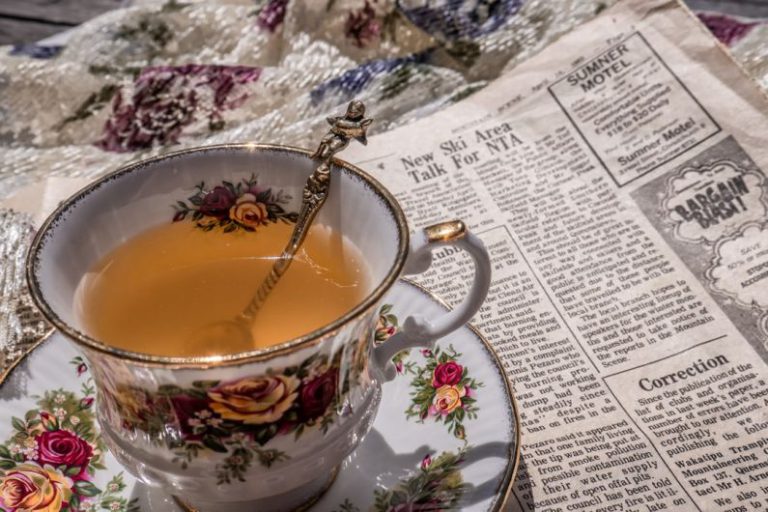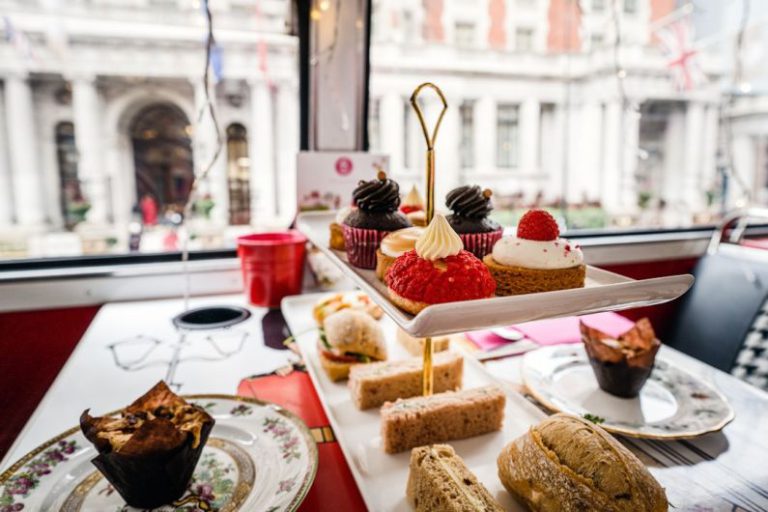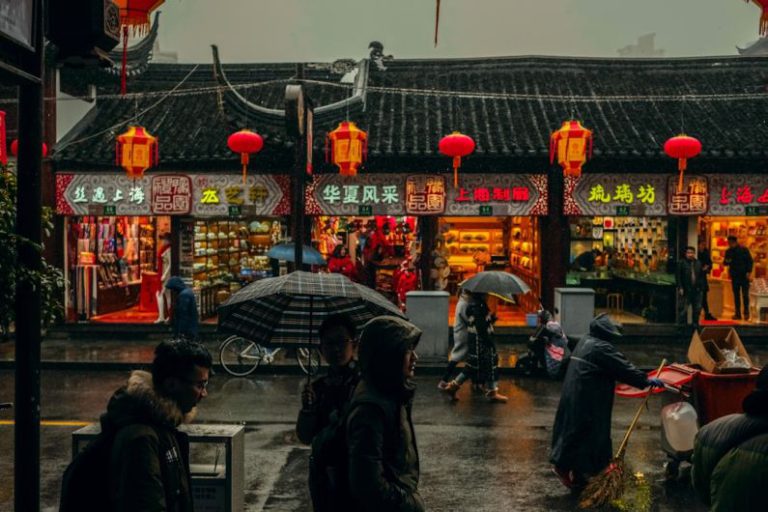Exploring the Unique Tea Culture of Turkey
**Exploring the Unique Tea Culture of Turkey**
Turkey, a country renowned for its rich history, stunning landscapes, and vibrant culinary scene, also boasts a unique tea culture that has captured the hearts of locals and visitors alike. Tea holds a special place in Turkish society, transcending its role as a mere beverage to become a symbol of hospitality, tradition, and social connection. Let’s delve into the enchanting world of Turkish tea and uncover the customs, rituals, and significance that make it a cherished part of daily life in this fascinating country.
**Tea as a Symbol of Hospitality**
In Turkey, welcoming guests with a steaming cup of tea is a time-honored tradition that dates back centuries. Known as “çay” in Turkish, tea plays a central role in social interactions, whether it’s a casual catch-up with friends or a formal business meeting. The act of preparing and serving tea is seen as a gesture of hospitality and warmth, reflecting the Turkish people’s innate generosity and friendliness. Visitors to Turkey often find themselves being offered tea in homes, shops, and even on the streets, experiencing firsthand the genuine hospitality that is deeply ingrained in the country’s culture.
**The Ritual of Turkish Tea-Making**
One cannot truly appreciate Turkish tea without understanding the art of its preparation. Turkish tea is typically brewed using a two-tiered kettle called a “çaydanlık.” Water is boiled in the lower kettle while loose tea leaves are placed in the upper section, allowing the steam to infuse the tea with a rich flavor. The resulting brew is strong and dark, served in small tulip-shaped glasses to preserve its heat and aroma. Sugar is often offered on the side, allowing drinkers to sweeten the tea to their liking. The meticulous process of brewing and serving tea is a ritualistic affair in Turkey, with each step carried out with care and precision.
**Tea Gardens: Hubs of Social Life**
Tea gardens, known as “çay bahçesi,” are integral to Turkish tea culture, serving as gathering spots where friends, families, and strangers come together to relax and socialize over a steaming cup of tea. These outdoor venues are ubiquitous across Turkey, offering a tranquil escape from the hustle and bustle of city life. Visitors to tea gardens can enjoy panoramic views, lively conversations, and the soothing ambience of nature while savoring the comforting taste of Turkish tea. Whether it’s a leisurely afternoon chat or a spirited game of backgammon, tea gardens provide a welcoming space for people to connect and unwind.
**Tea Houses: Preserving Tradition**
In addition to tea gardens, Turkey is home to traditional tea houses known as “çay evi,” where tea aficionados gather to indulge in their favorite brew. These cozy establishments are reminiscent of a bygone era, with their vintage décor, communal seating arrangements, and laid-back atmosphere. Tea houses are frequented by locals of all ages, who come to socialize, play games, and engage in spirited discussions over endless rounds of tea. The sense of camaraderie and nostalgia that permeates these tea houses makes them an essential part of Turkish cultural heritage, preserving the time-honored tradition of tea-drinking in a modern world.






